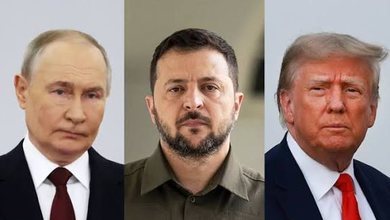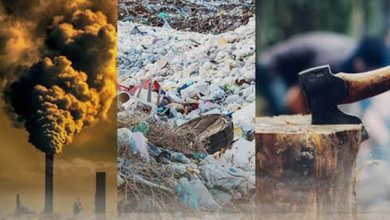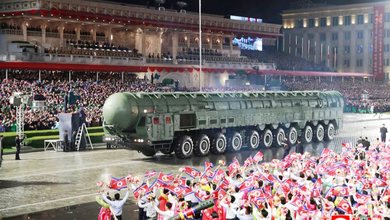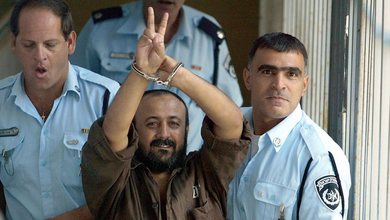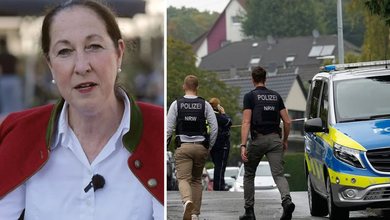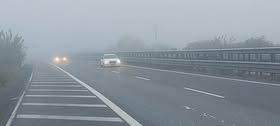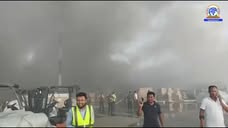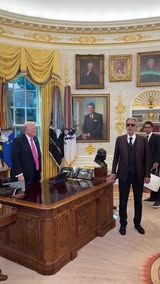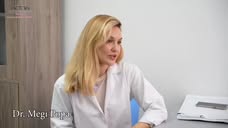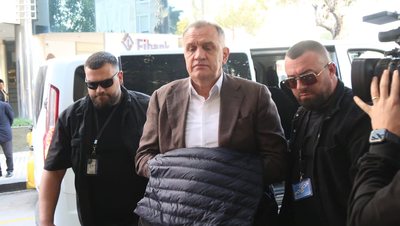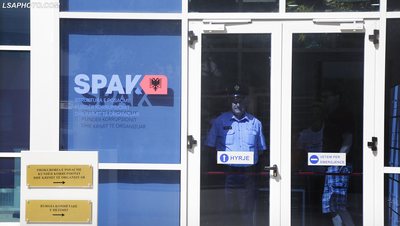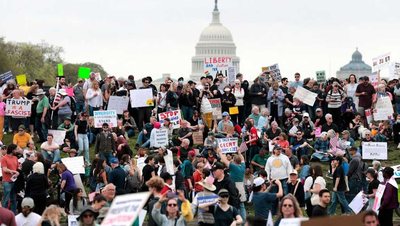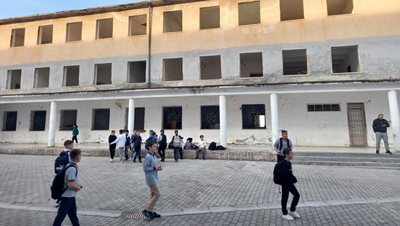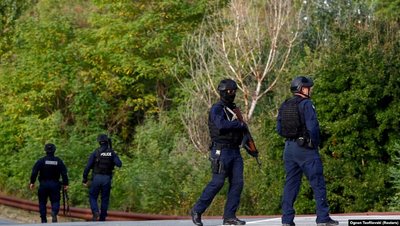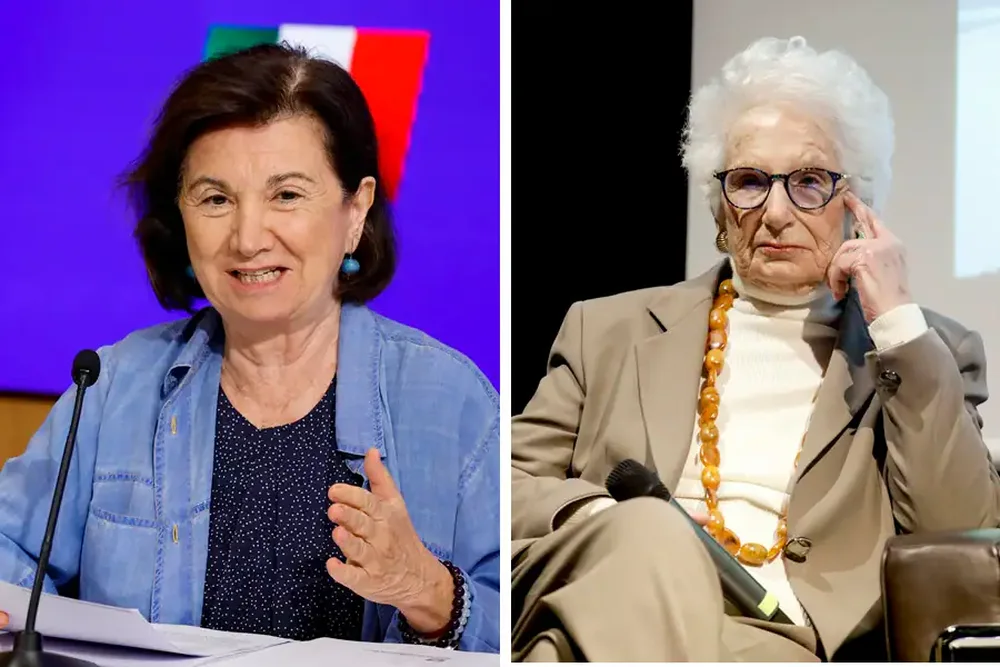
Family Minister Eugenia Roccella has sparked a backlash after statements made at a conference in Rome discussing anti-Semitism and the importance of educational trips to Auschwitz. She considered anti-Semitism a phenomenon closely linked to fascism and argued that educational trips to Auschwitz serve to show that anti-Semitism was an issue that belonged to the time of fascism and not something that has been updated.
"What were the trips to Auschwitz? Were they excursions? They served to show us that anti-Semitism was an issue that belonged to fascism, and nothing more. The problem was to be anti-fascist, not to be anti-Semitic," the minister said during her speech at the conference "History reversed and the future to be built," organized by the Union of Italian Jewish Communities (UCEI).
These comments provoked a strong reaction from Liliana Segre, a lifelong senator and Auschwitz survivor. She responded to the minister, stressing that Holocaust education should be based on a full knowledge of history and that remembering the tragedy suffered by Jews and other groups should be a lesson for future generations.
“I find it hard to believe that a minister of the Republic could say that educational trips to Auschwitz were encouraged to promote anti-fascism. Education should promote the knowledge of the truth, which can hurt those who have skeletons in their closets,” Segre said.
Roccella’s comments have provoked numerous reactions from the opposition. The secretary of the Democratic Party, Elly Schlein, called the statement inappropriate and demanded a clear distancing from Prime Minister Giorgia Meloni. Matteo Renzi, leader of Italia Viva, supported Segre, describing the reaction to Roccella as a defense of the memory of the Holocaust.
Minister Roccella has denied the accusations and clarified that her intention was not to deny the educational value of trips to Auschwitz, but to highlight contemporary anti-Semitism, which has been rekindled after the events of October 7, 2023, after the massacre in Israel and the clashes in Gaza.
“The trips to Auschwitz are an educational tool, but to address current anti-Semitism, we must understand that it was born from an interaction of different fields and that we must confront it without closing our eyes to the past,” Roccella said.
Built by the Nazis as a concentration and death camp, Auschwitz was the largest Nazi camp and the largest mass murder center ever created. During its existence, 1.1 million people, mostly Jews, were killed at Auschwitz.



